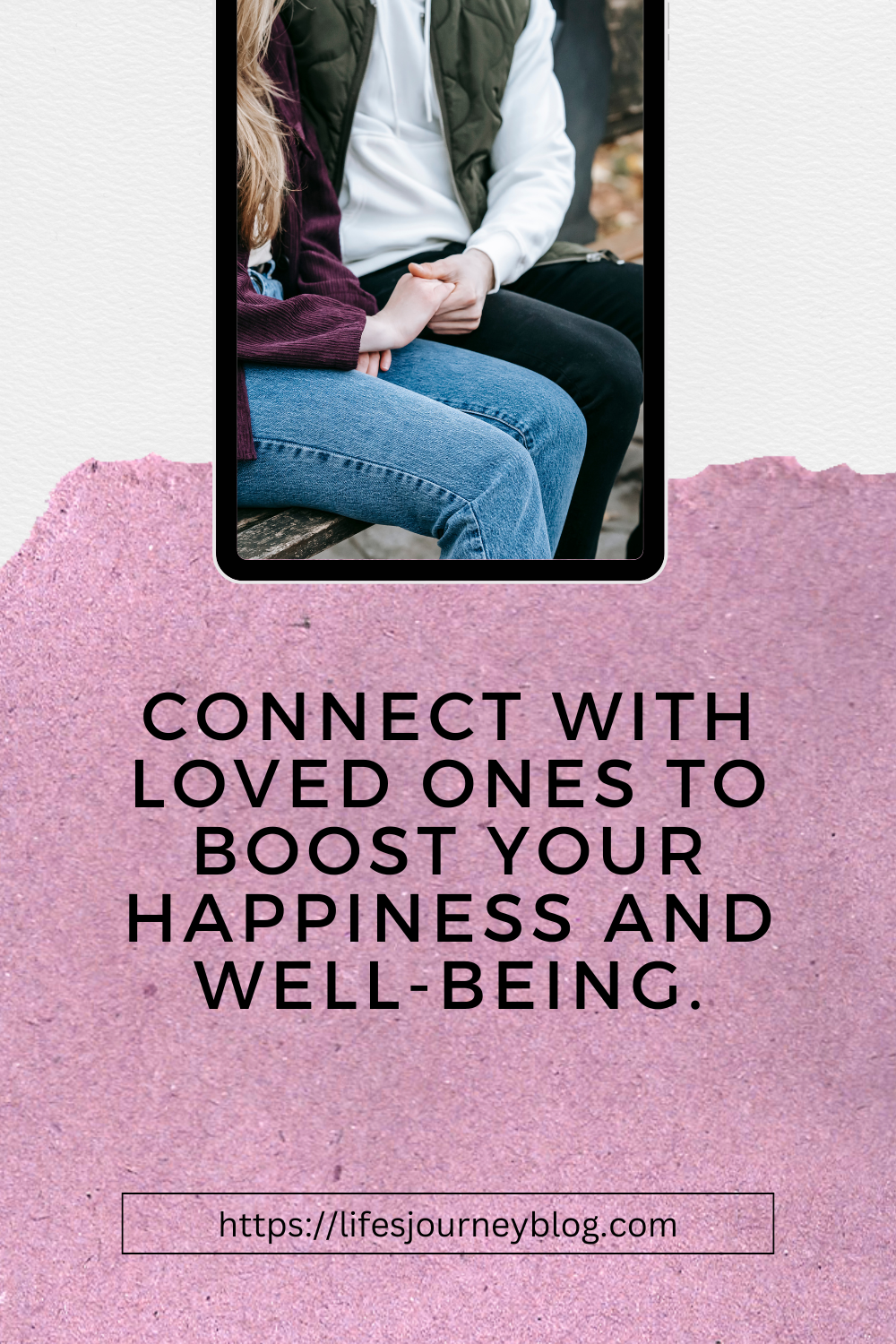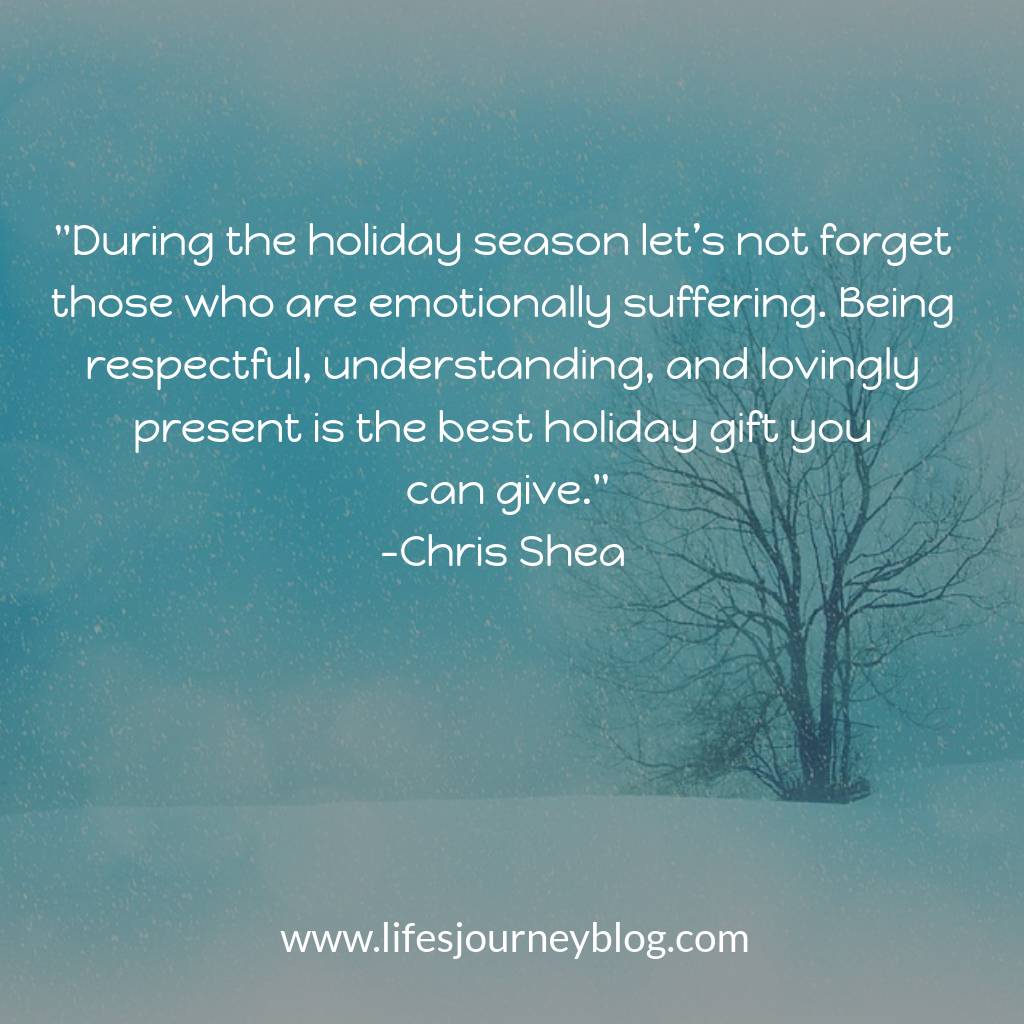Posts Tagged ‘joy and happiness’
Finding Joy in the Present Moment
Finding joy in the present moment is a profound and transformative practice that can greatly enhance our overall well-being and happiness. You may not believe this is possible, and I understand that. I too, many years ago, was skeptical until I daily put this practice into my life. In a fast-paced and constantly evolving world, where distractions abound and concerns about the future and past regrets can consume our thoughts, the idea of living in the present moment may appear challenging to grasp. However, it is a valuable skill that deserves our attention and effort to develop. By focusing on the here and now, we can find a sense of peace and fulfillment amidst the chaos of everyday life.
How do I live in the moment? To truly live in the moment, one must cultivate a heightened awareness of your present experiences, thoughts, and surroundings. This involves consciously shifting attention away from worries about the future or regrets about the past, and instead focusing on the here and now. It requires a deliberate effort to engage fully with one’s current activities, whether it’s savoring a meal, listening attentively to a friend, or simply observing the sensations of breathing. By doing so, you can reduce stress, increase your appreciation for life’s simple pleasures, and develop a deeper connection with yourself and others.
Living in the moment doesn’t mean ignoring responsibilities or planning for the future; rather, it’s about finding a balance and bringing a sense of presence and engagement to all aspects of life. With practice, one can learn to quiet the constant chatter of the mind and experience a greater sense of peace, clarity, and fulfillment in your daily experiences.
Let Go of The Past & Worries of The Future
The first step towards finding joy in the present is fully engaging with the here and now. This means letting go of regrets, worries, and preoccupations about what has already happened or might happen in the future and immersing ourselves in the beauty and simplicity of the present moment. This takes practice, patience, and time to accomplish. Trust me, this does work, but you need to put energy into this practice. By doing so, we can discover a profound sense of contentment and fulfillment that often eludes us when we are preoccupied with the past or future.
Practice Mindfulness
Practicing mindfulness is one of the keys to finding joy in the present moment. Mindfulness involves paying deliberate attention to the present moment without judgment. Observing our thoughts, sensations, and surroundings with curiosity and acceptance can cultivate a deep sense of presence. This presence allows us to savor the small pleasures of life, connect more authentically with others, and find joy in the simplest of activities.
As a life and business coach focused on guiding people toward inner peace, this topic of mindfulness is particularly relevant and important. Let me share a brief history of how mindfulness has evolved over time.
- Ancient Roots (500 BCE – 500 CE):
-
- Mindfulness has its origins in ancient Eastern spiritual traditions, particularly Buddhism.
- The concept of “sati” (mindfulness) was a key component of the Buddha’s teachings.
- Early Buddhist texts like the Satipatthana Sutta outlined mindfulness meditation practices.
- Eastern Spread (500 CE – 1800s):
-
- Mindfulness practices spread throughout Asia, evolving within various Buddhist traditions.
- Different schools of Buddhism (Zen, Theravada, Tibetan) developed their own mindfulness techniques.
- Western Introduction (Late 1800s – 1970s):
-
- Eastern philosophy and meditation practices began to gain interest in the West.
- Influential figures like D.T. Suzuki and Alan Watts introduced Zen concepts to Western audiences.
- The 1960s counterculture movement sparked wider interest in Eastern spirituality and meditation.
- Secular Adaptation (1970s – 1990s):
-
- Jon Kabat-Zinn developed Mindfulness-Based Stress Reduction (MBSR) in 1979.
- MBSR marked a significant shift, presenting mindfulness in a secular, scientific context.
- Research on mindfulness and its benefits began to grow in academic and medical communities.
- Mainstream Acceptance (1990s – Present):
-
- Mindfulness gained popularity in psychology, with the development of Mindfulness-Based Cognitive Therapy (MBCT).
- Corporations, schools, and healthcare institutions began incorporating mindfulness programs.
- Technological advancements led to the creation of mindfulness apps and online resources.
- Scientific Validation (2000s – Present):
-
- Neuroscience research has provided evidence for the benefits of mindfulness on brain structure and function.
- Studies have shown positive effects on stress reduction, emotional regulation, and overall well-being.
- Mindfulness has been integrated into various therapeutic approaches and wellness programs.
- Ongoing research continues to explore new applications and benefits of mindfulness practices.
This brief history showcases how mindfulness has evolved from ancient spiritual practices to a widely accepted and scientifically supported approach to well-being. In my personal life and as a life and business coach, I find that incorporating mindfulness techniques can be incredibly beneficial for clients seeking to enhance their personal and professional lives.
Remove Distractions
In today’s fast-paced world, we are constantly bombarded with notifications, tasks, and stimuli that distract us from the here and now. These distractions can create a sense of restlessness and prevent us from fully immersing ourselves in the present moment.
Distractions often lead to fragmented attention, making it difficult to fully engage in what we are doing. By intentionally eliminating distractions, such as turning off notifications on our devices or finding a quiet space, we can focus more intensely on the task or experience. This heightened focus allows us to appreciate the details and nuances of the present moment, leading to a deeper sense of joy and satisfaction.
Savor Moments of Beauty
Try to notice and savor moments of beauty in your daily life. Whether it’s a breathtaking sunset, a blooming flower, or a heartwarming smile from a loved one, taking the time to appreciate these moments can bring a sense of wonder and joy. Try to be fully present and engage your senses in these experiences to amplify their impact on your well-being.
Conclusion
Finding joy in the present moment is possible by practicing mindfulness. Mindfulness contributes positively to stress reduction, emotional control, and overall wellness. It’s incorporated into numerous therapeutic methods and wellness programs. Current research is investigating new uses and advantages of mindfulness practices. Eliminating distractions enables us to completely immerse ourselves in the present and appreciate finer details. Relishing beautiful moments induces feelings of awe and happiness. By adopting these strategies, finding joy in the present moment is possible, improving our capacity to experience joy in the present and foster a more satisfying life.
Let Lifesjourney guide you in strategies for your personal joy and happiness. Check out our coaching page, or call us: (240) 587-7854.
How Friendship and Deep Connections Lead to a Life of Joy
How do you define friendship? What about joy? You undoubtedly have people in your life who qualify more as acquaintances than true friends. We all do. These people are important and provide value in some way, but they are not the first people we think about when considering the deep friendships we have made. If you’re having trouble finding joy in life, check out a previous article of mine, here.
Friendship
So what is a friendship? Friendship is a relationship between people where they like and trust each other. In a friendship, people enjoy being together, sharing experiences, and helping each other with their emotions. It’s more than just knowing each other and involves a deeper connection and understanding. They are important because they give us company, support, and a feeling of fitting in.
Whether they are our friends, family members, or intimate partners, the connections we form with others are essential to our overall well-being and happiness. It is through these friendships and deep connections that we find the most fulfillment and experience true joy in life.
Joy
Friendship plays a pivotal role in our pursuit of true joy and inner peace. It is through these meaningful connections that we experience some of life’s most profound and fulfilling moments. Here are a few key ways in which friendship contributes to finding true joy:
- Emotional Support: Friends provide a support system during both good and challenging times. Knowing that someone is there to listen and understand can significantly alleviate stress and enhance overall happiness.
- Shared Experiences: Engaging in activities and celebrating milestones with friends creates lasting memories and enriches our lives. These shared experiences often become cherished moments of joy.
- Personal Growth: Friends challenge us to grow, both personally and professionally. They offer new perspectives, constructive criticism, and encouragement, which can lead to self-improvement and greater satisfaction in life.
- Sense of Belonging: Being part of a close-knit group of friends fosters a sense of belonging and acceptance. This can lead to increased self-esteem and a deeper sense of inner peace.
- Laughter and Fun: Friends often bring humor and light-heartedness into our lives. Laughter is a powerful tool for reducing stress and boosting mood, contributing to a joyful and balanced life.
In essence, friendship enrich our lives by providing emotional support, shared experiences, opportunities for growth, a sense of belonging, and moments of joy and laughter. These elements are fundamental in our journey towards true joy and inner peace.
Tips to Foster Friendship
In today’s modern era of technology, we gather “friends” on social media in quantities never before imagined! Yet we seem to be more lonely and disconnected at the same time. How can this be? I figure it’s because those “friends” on social media don’t fit the definition of friendship we stated earlier. Online virtual friendships differ from friendships with physical people outside of a screen. And it’s this difference which either leads us to joy or not.
Here are some tips for fostering deeper, more meaningful connections with the friendships that matter most to you.
Be the One Who Reaches out First
Instead of waiting for someone to contact you, reach out to them. Don’t be the person that says, “You never call!”
Reaching out can be a powerful way to strengthen your relationships. By taking the initiative to connect with important people in your life, you deepen your bond and create opportunities for meaningful conversations.
It doesn’t need to be in person. Your cell phone, equipped with text messaging and video communication capabilities, is always within reach. Leverage this technology to connect with anyone around the globe.
Listen Actively
Are you genuinely listening when you communicate with others? Next time you engage with a loved one, friend, or significant other, attempt to connect emotionally with their words. Observe their non-verbal cues to grasp the full meaning of their message. Show your attentiveness by asking thoughtful questions and reiterating key points they share to convey that they truly matter to you.
Reminisce about Wonderful Memories
Remind people of the wonderful moments you’ve shared and express gratitude for the happiness they bring to your life. By sharing joyful memories and showing appreciation, you can strengthen your connection and remind loved ones of their significance in your journey.
Meaningful relationships cause effort and dedication. Developing strong relationships with others requires active communication, understanding, compromise, and consistent support. Through this ongoing work, bonds become stronger, trust deepens, and relationships truly flourish.
In essence, cultivating and maintaining deep friendships and connections can profoundly impact our joy and overall quality of life. As a life and business coach, I encourage you to invest time and energy into building and nurturing these relationships. The rewards are immense and far-reaching, contributing to a more fulfilling and joyful life.
How To Be Caring With People Not Feeling The Holiday Joy
I don’t think there is any other time of the year which evokes such strong emotions as does this time of the year. For some of us we are excited, joyous, filled with wonder and anticipation! We visit family and friends, host parties and gatherings, spreading joy everywhere we go! But yet there are some of us who feel quite the opposite this time of the year. I think of those who recently lost a loved one, suffering from physical or mental health issues, separated from loved ones, and even estranged from family. There are those who past experience of the holidays wasn’t pleasant, and those who feel trapped in life situations.
“It’s the most wonderful time of the year!” While these song lyrics may be true for some, they’re not necessarily true for everyone. I’m not writing this to bring down the mood, for what I am saying is that we need to be mindful of people around us who may be suffering while we celebrate. Not all of my past holidays have been joyous, and I’m sure neither have yours. Some of my current clients are dreading these next few weeks, while other clients are looking forward to a new beginning!
Regardless of how we may feel about the holidays themselves, this time of the year finds many of us feeling the burden for perfection. As joyous as we may be, the expectations for a “Rockwell Christmas” haunt the best of us. While we still have our day-to-day tasks to complete we must also decorate, buy gifts, and attend social functions. These expectations, especially if we feel obligated, can cause stress and anxiety even in those who enjoy this time of the year. Now imagine the stress and anxiety felt by those who are simply trying to cope with life let alone the added expectation of the season.
This time of the year we tend to focus more of our attention on helping others and on giving back. Therefore, what can we do to either help or give to someone who is suffering during this holiday season?
- Create an awareness within yourself and your children that not everyone feels joyous this time of the year. This awareness is not meant to place a burden on us, but as a recognition for the reality of others.
- Create an environment where all people feel open to honestly share their feelings. While attending or planning parties and gatherings don’t simply encourage everyone to participate, be respectful of those who are having a difficult time participating. Try to plan activities which would allow for a person to participate to the degree in which they feel comfortable.
- Be mindful that your expectations of what makes up a holiday celebration may not be the expectations of others. Allow yourself the flexibility to be open to the traditions of others as well as to how others may be feeling. For example, if you are organising the family dinner, take into account any family members who have had a difficult year. Allow them the space or the time to speak, or not speak, if they wish. Be aware that their showing up may have been a difficult task in and of itself.
- If you know someone struggling to cope with a mental illness, or emotionally struggling, be a supportive friend. Allow time in your holiday schedule to be present to them even if words aren’t spoken. Never underestimate the positive effect and healing quality of presence. If possible and appropriate, encourage them to join you at small gatherings and surround them with people who have their best interest at heart. Isolation, especially during the holidays, is not healthy.
- Encourage them to do activities focused on taking care of themselves and their emotional health, regardless of the expectations placed upon them by self or others. Help them to understand that It doesn’t make you a selfish person when you prioritize yourself, it is actually essential toward your well-being.
- Take time from the busyness of this season to be an effective listener to those who wish to share their feelings. Encouraging and allowing others to share how they feel may be the most helpful thing you can do for them. Silence, especially for someone who is suffering emotionally, is not healthy this time of the year. If they are reluctant to share, lovingly encourage them by letting them know that you will listen without judgement regardless of what they wish to talk about and share.
During this holiday season, as many of us join together with our families and friends, let’s be grateful and joyous in our traditions and fellowship. But let’s not forget those who are emotionally suffering at this time of the year. Being respectful, understanding, and lovingly present is the best holiday gift a person can receive.
{loadmodule mod_custom,continue the conversation here or on social media}



